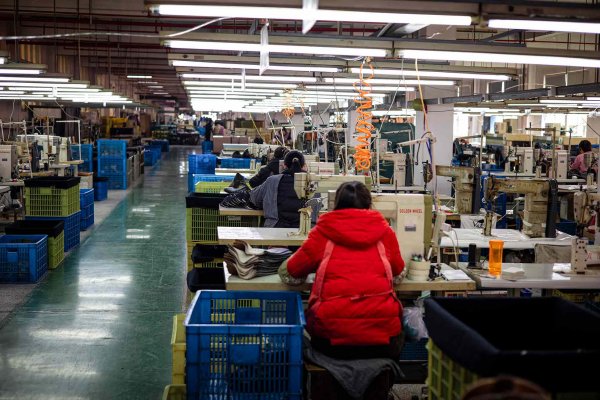Tariff policy, as an important lever in international trade, the impact of its changes on foreign export-oriented production enterprises is self-evident. In the face of such challenges, enterprises need to respond flexibly.

When tariffs increase, production and sales costs increase and profit margins are compressed. To cope with this situation, enterprises should first optimize their management and find a more cost-effective business model. For example, by diversifying sales channels and reducing dependence on a single high-tariff country, thus reducing costs. Secondly, enhancing the added value of products is also key. Enterprises can invest more in R&D and improve product design to make their products more competitive, so that they can offset the cost pressure of tariff increases by raising their selling prices.
A market diversification strategy is also important. Instead of relying too much on a specific market, companies should actively explore emerging markets. In addition, utilizing e-commerce platforms and expanding online sales channels can reach global consumers more efficiently and reduce reliance on traditional trade channels.
At the same time, enterprises should pay close attention to relevant government policies and make full use of preferential policies such as export tax rebates to reduce the burden of tariffs. In short, the foreign trade export-oriented production enterprises need to layout in all directions and take multiple measures to cope with the changes in tariff policy and develop steadily in the fierce competition in the international market.
Jiangsu Yibei shoes and boots OEM factory covers an area of 100 acres, production workshop 48000 square meters, annual production capacity of 2 million pairs, is ARIAT, Justin, basspro, baxter and other international brands OEM manufacturers, annual exports of 1.5 million pairs of Jiangsu Province, specializing in new enterprises, Jiangsu Province, high-tech enterprises.
 86-513-84298088
86-513-84298088 New technology companies
New technology companies Jiangsu Famous Brand Product
Jiangsu Famous Brand Product
 86-513-84298088
86-513-84298088 New technology companies
New technology companies Jiangsu Famous Brand Product
Jiangsu Famous Brand Product